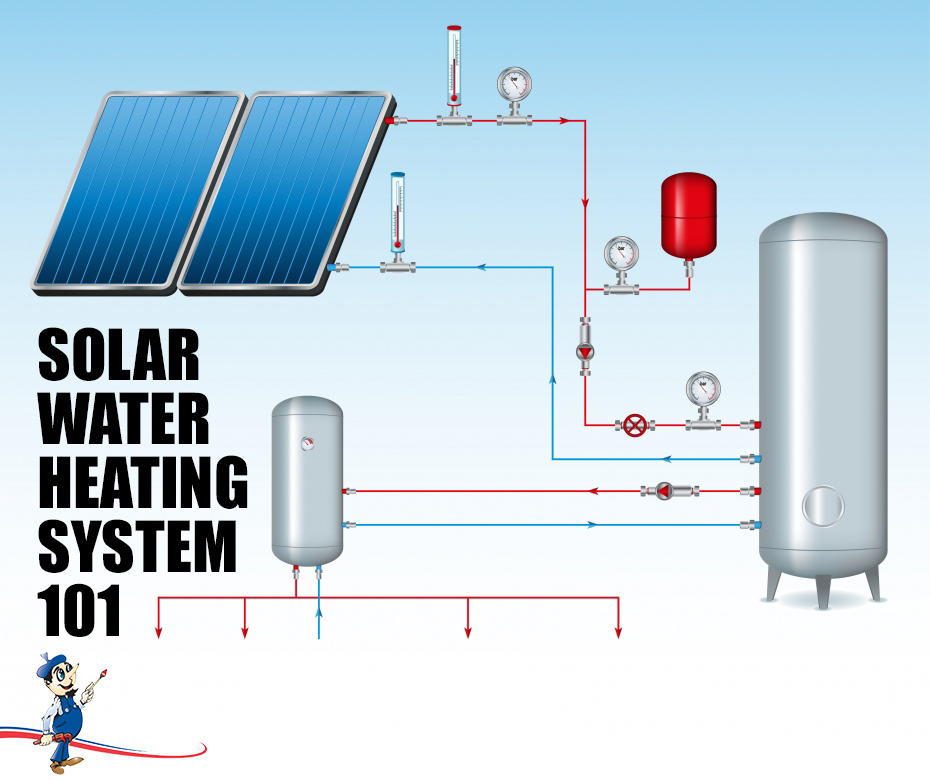
Solar water heating is heating water by sunlight, using a solar thermal collector. A variety of configurations is available at varying cost to provide solutions in different climates and latitudes. SWHs are widely used for residential and some industrial applications.
How Much Does It Cost To Install Solar Geyser In South Africa
Low-pressure – From R 4,000 to R 12,000. Closed Coupled High-pressure – From R 12,000 to R 25,000. Direct thermosiphon systems – From R 12,000 to R 25,000. Indirect thermosiphon – From R 12,000 to R 25,000.
Which is the best solar geyser in South Africa?
Provided are the following high-quality solar geyser products at affordable solar geyser prices in South Africa:
Premium Solar Geysers.
SA solar geysers.
Sunray Solar Geysers.
Solar Geyser Conversion.
Guru Split Solar Geyser.
Is a solar geyser worth it?
Honestly, despite the problems that solar geysers do present, they are still worth it. The cost of installation, while steep, is easily offset by the long term savings.
Even if solar did cost slightly more than other methods, it would still be massively cost-effective when you take environmental impact into account.
Does solar geyser work at night?
The simple answer is, yes, it does. Hot water is always stored in insulated tanks. Solar radiation is collected by the solar collector and hot water gets insulated and throughout the night.
How do you install a solar geyser?
Mount the solar collectors on the roof.
Install the solar storage tank and heat exchanger next to conventional water heater.
Install the piping and pump for the glycol loop.
Install the water piping.
Install the controls.
Fill the system.
Insulate the water and glycol lines.
What do I need for a solar geyser?
Before buying a solar geyser, you will also have to consider the tank size you need. This will be determined by the number of people living in your home.
Allocate 50 litres of warm water per person. In addition, budget an extra 50 litres of warm water for general domestic usage
